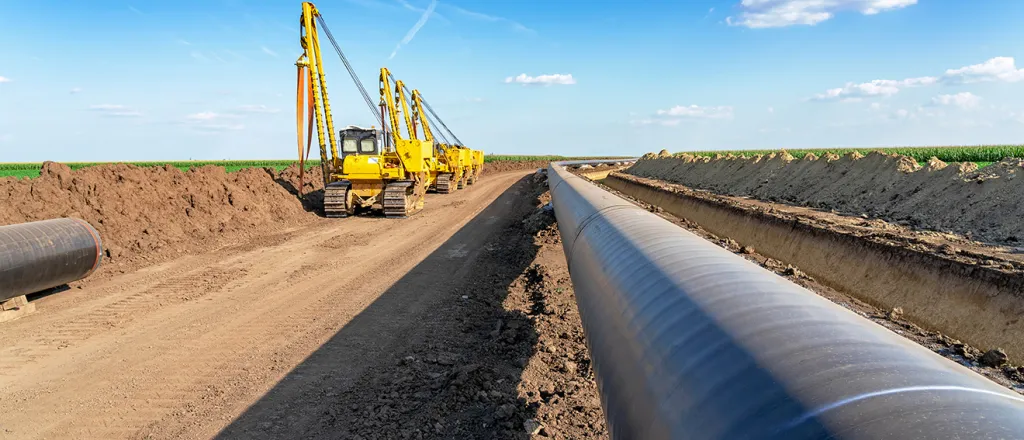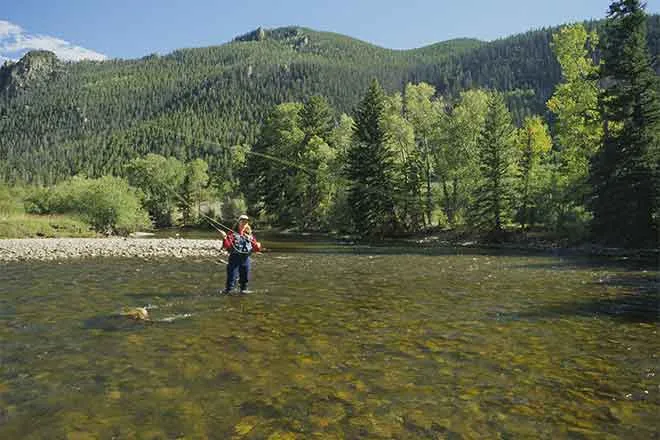
New methane rule promises public health benefits
Click play to listen to this article.
(Colorado News Connection) Methane, the primary component of natural gas, has become a global target in efforts to blunt the worst impacts of climate change.
The Biden administration's final Environmental Protection Agency rule, aims to cut methane pollution at oil and gas facilities. Methane is more than 85 percent more potent at trapping heat in the atmosphere than carbon dioxide.
Sabrina Pacha, senior director of the advocacy group Healthy Air and Water Colorado, said the new rule is also a big win for public health.
"Methane emissions have severe adverse health impacts, including potential pre-term births and other negative impacts on maternal health, and significant impacts on respiratory health and other chronic conditions," Pacha explained.
The EPA estimates the new rule would prevent 58 million tons of methane pollution between 2024 and 2038, equivalent to taking 28 million gas-powered cars off the road for a year.
Some oil and gas producers have criticized the move, claiming it puts smaller operators at a disadvantage and could limit production as utilities move away from coal to fuel power plants.
Proponents are convinced the rule will allow producers to bring more gas to market. It will phase out routine flaring of natural gas from new oil wells, and require all well sites and compressor stations to be routinely monitored for leaks.
Pacha said cutting methane pollution is key for protecting families from a growing number of threats linked to a changing climate.
"We know that methane is an extremely powerful greenhouse gas that causes the climate to warm," she stressed. "And that causes other extreme weather events, like extreme heat and wildfires, which here in Colorado we are dealing with all the time."
The rule also paves the way for third-party watchdog groups to use satellite and other technologies to locate "super-emitting" pollution sites.
Pacha noted the new nationwide protections build on what has already been accomplished here in Colorado working in close partnership with industry leaders.
"Colorado has taken significant steps in the past to put up some more safety and public health guardrails, including improving pneumatics and other technical devices during oil and gas operations," she said.















